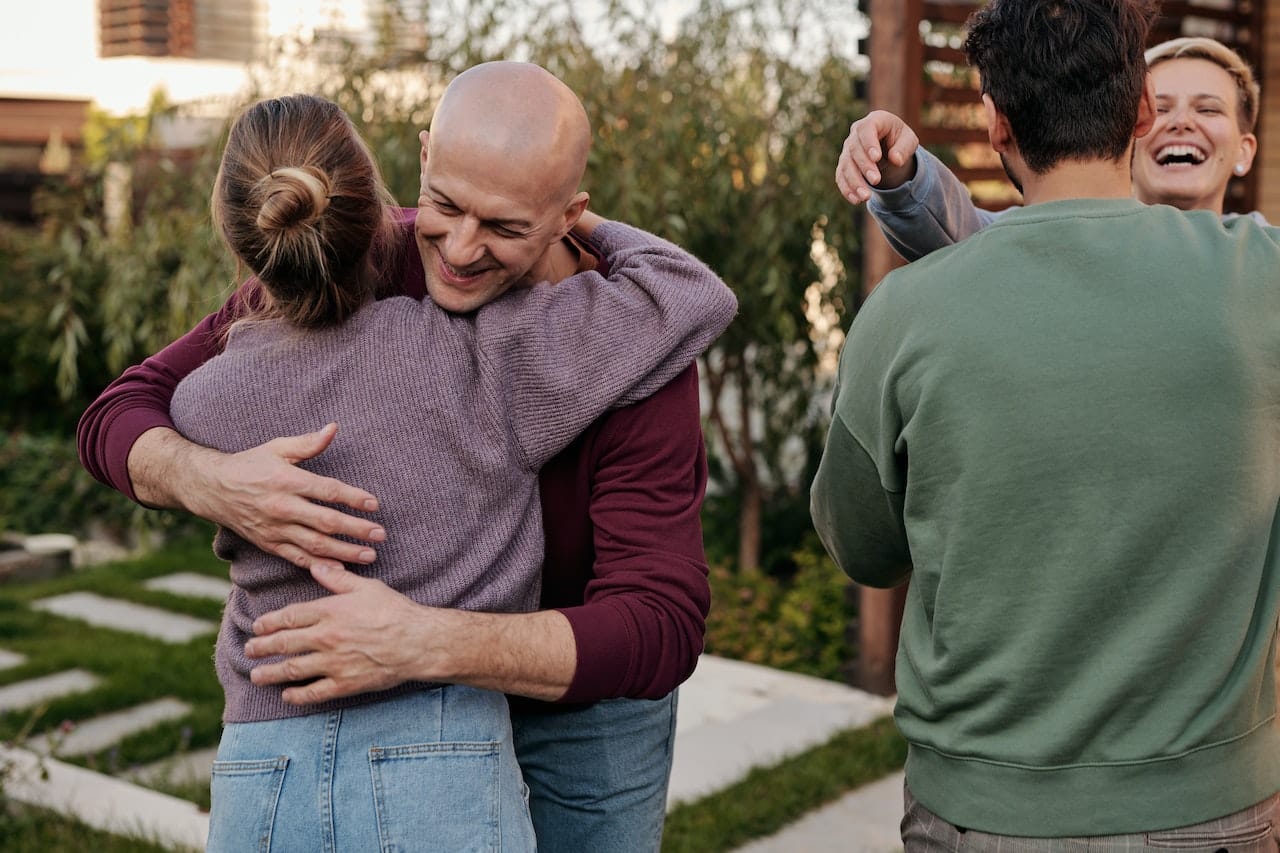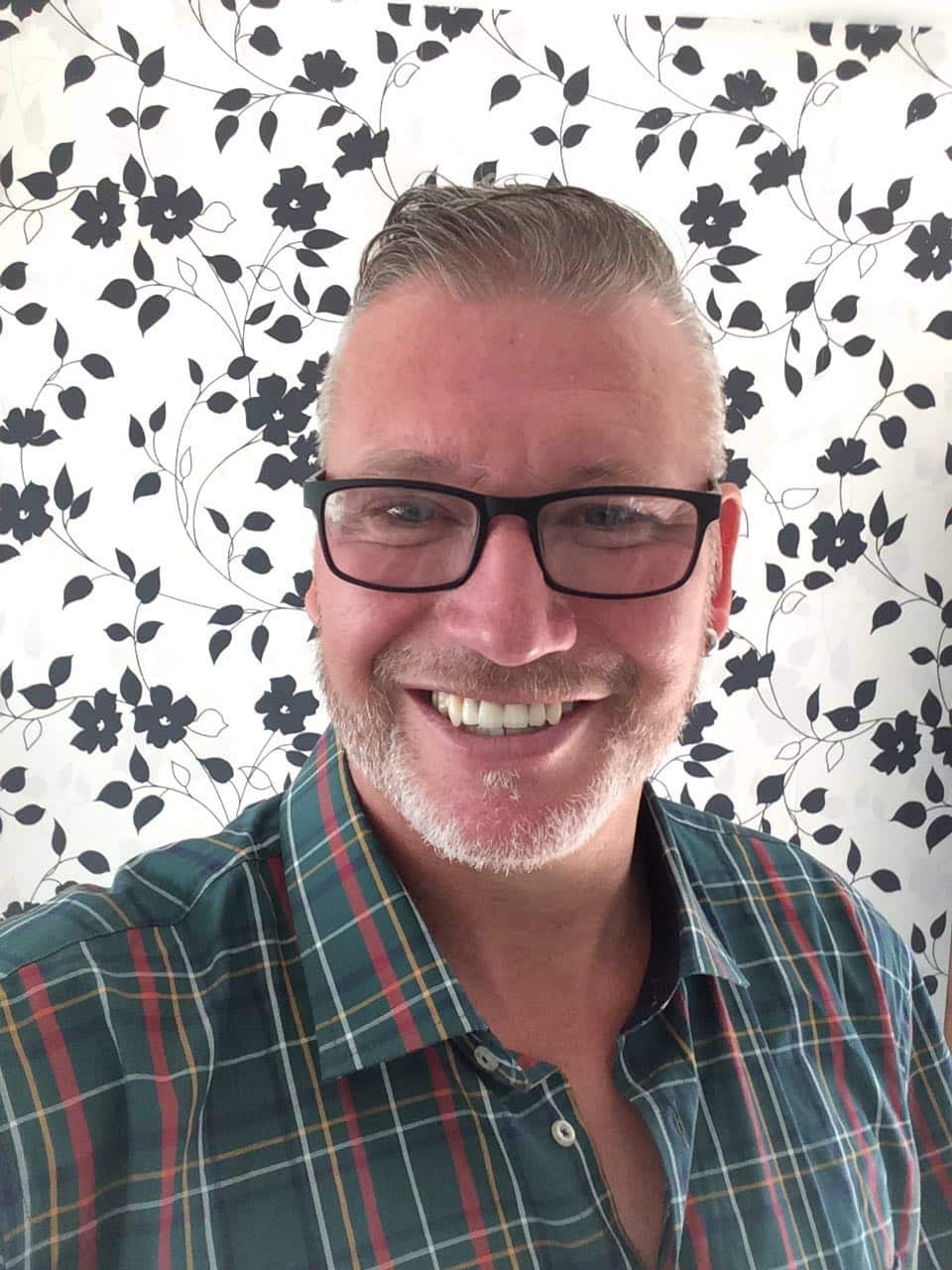Rebuilding Lives: Addiction Counseling
Do you feel your life has spiralled out of control?
Whether it’s gambling, alcohol, sex, shopping, exercise, social media, pornography, or any other addictive behaviour, we all face moments when our behaviors seem to take over. It’s essential to recognise that these patterns may be signs of an addiction.
But here’s the thing, there are ways out of this seemingly tangled mess. You can regain control, find sobriety, and live a life that’s not just free from addiction but also filled with happiness and fulfilment. Any learned behaviour can be un-learned.
In this journey to a better life, addiction counseling can be your compass, helping you navigate the challenges and offering support every step of the way. So, if you’re ready to break free from the grip of addiction and embark on a path towards a brighter future, i’m here to help you get started and reach your goal.
I have six years face to face experience of working with several addictions, and a further 16 years of working online with people with every kind of addiction.

I’m Paul Parkin – A therapist and life coach. This is why you should work with me:

I’m a seasoned addiction counselor and life coach with 15+ years of experience. I offer confidential and affordable online counseling worldwide, specialising in addiction.
My simple, home-based approach allows me to offer cost-effective sessions, making online counseling accessible. I’ve assisted thousands of clients in addressing addiction, focusing on underlying issues for lasting change.
What some of my recent clients have said about our work together.
In early 2021, I contacted Paul because my life was all over the place. I was worried about my addiction and staying sober. I had a lot of doubts about where I was going, and I was too hard on myself with negative thoughts.
Even though I had been sober for five years, I still had a bunch of issues to deal with. Paul and I talked about addiction, my past, and how to move forward. He gave me helpful tools like breathing exercises and taught me about the brain.
He also helped me plan for a better future and get organised. Even something as simple as cleaning out my old, holey socks helped me feel more in control.
Paul also helped me improve my relationship with my girlfriend. He taught us how to communicate better and meet each other’s needs.
In just a few months, Paul has made a big difference in my life. I highly recommend him if you need help with addiction, finding direction in life, or just someone to talk to.
Paul is really good at what he does, and I plan to keep working with him as long as he’s available.
Thanks a lot, Paul, for all your help! You’ve really changed my life for the better. Sincerely, Sean.
Sean, USA
I went for online counseling because I lived in a place (China) where there wasn’t much counseling help. Paul was super flexible right from the beginning. He even figured out a way to chat with me using WeChat, even though there were internet restrictions in China!
The past few months have been a big change in my life, but Paul has been there the whole time. He’s been helping me make good choices and reminding me to pay attention to how my thoughts affect my feelings and actions.
I’ve always had trouble controlling my emotions, and that’s caused me problems, especially in my relationships. But Paul taught me a valuable skill: taking a moment to breathe and think before reacting to things. This has made a huge difference in how I handle problems in my current relationship.
Paul doesn’t judge, and that really helped me see things differently, especially when it comes to mine and my partner’s past struggles with addiction.
It’s made me more supportive of my partner while we both work on getting better. We’ve both come to realise that we’re still a work in progress.
Libby,UK
